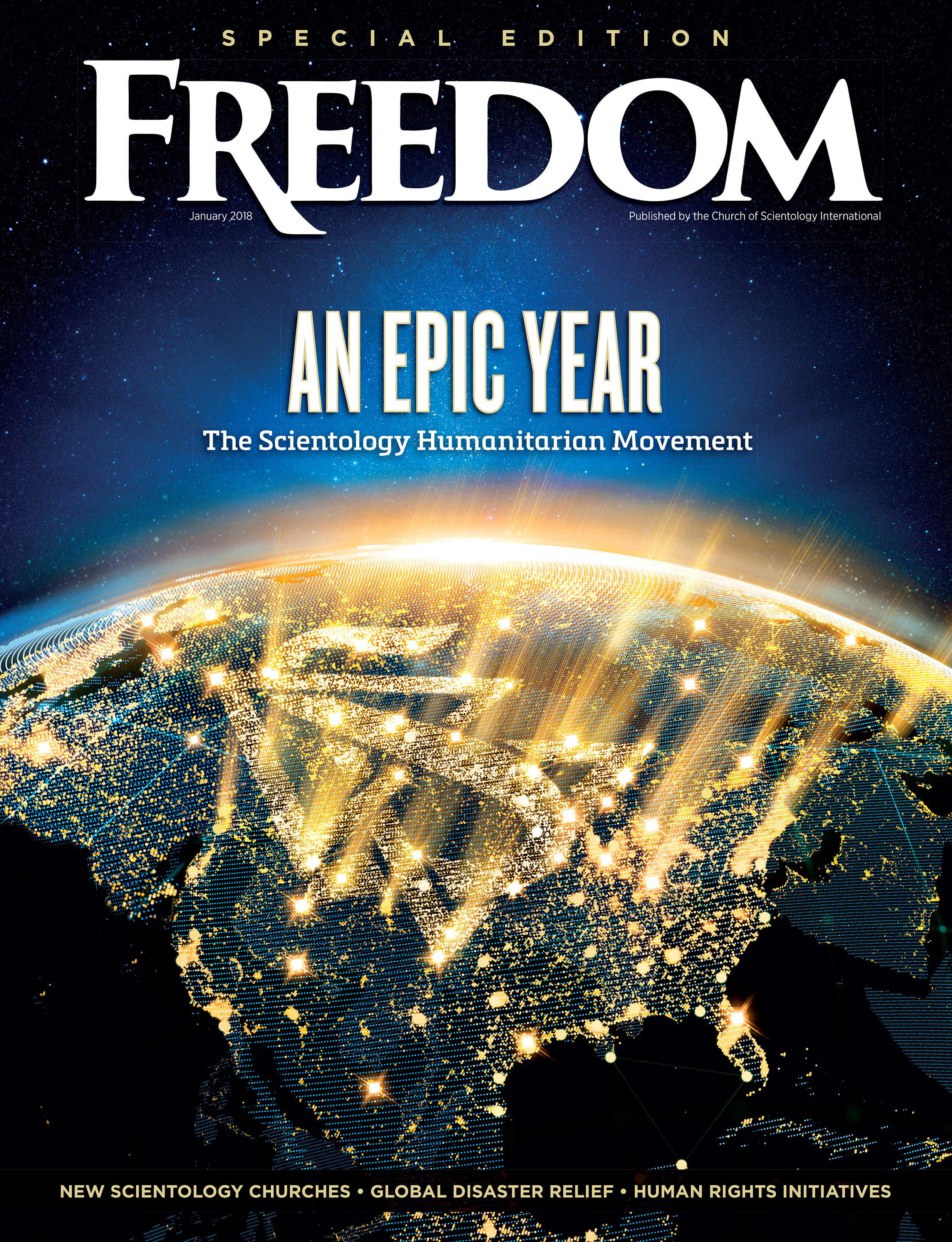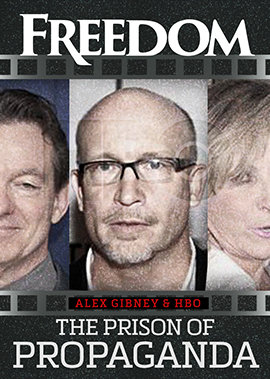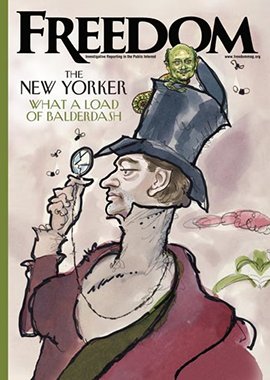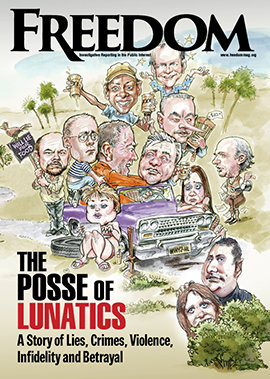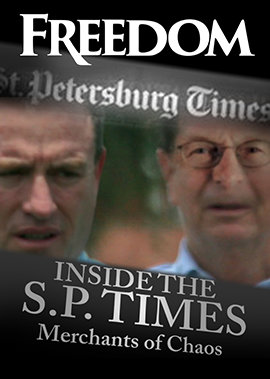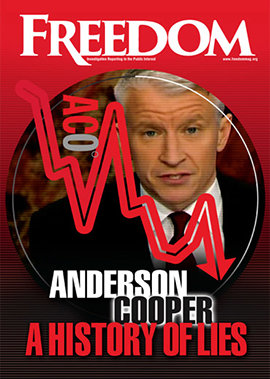Drug reps, officially known as “pharmaceutical sales representatives,” have long been a doctor’s best friend. They help shape which drugs physicians prescribe, almost always those made by the companies that employ them. Despite dwindling from a 2005 peak of 100,000—after which blockbuster drug patents began to expire and generics flooded the market—they remain an omnipresent and persistent force in American medicine.
“How can you demonize someone who brings you lunch and touches your arm and remembers your birthday?”
“Not even 9 AM on Wednesday and have had 7 Pharma reps stop by,” posted J. Mathew, a healthcare professional in South Florida, in a May 7 post on X (formerly Twitter).
Though the COVID-19 pandemic temporarily reduced in-person visits, reps have returned in force—bearing gifts, charm and a calculated psychological playbook. Their tactics range from offering free drug samples and office swag to wining and dining staff at upscale restaurants.
A viral X video posted May 15 captured the phenomenon with dark humor. A young woman who says she works in a doctor’s office displayed the “free food [we get] every day from sales reps”—iced matcha lattes, Chinese takeout, Dunkin’ drinks and gourmet cookies. The tweet, which has garnered more than 40,000 likes, read:
“EVERY SINGLE DAY Pharma Reps drop all this off so [doctors] write more of their prescriptions….This is our healthcare industry.”
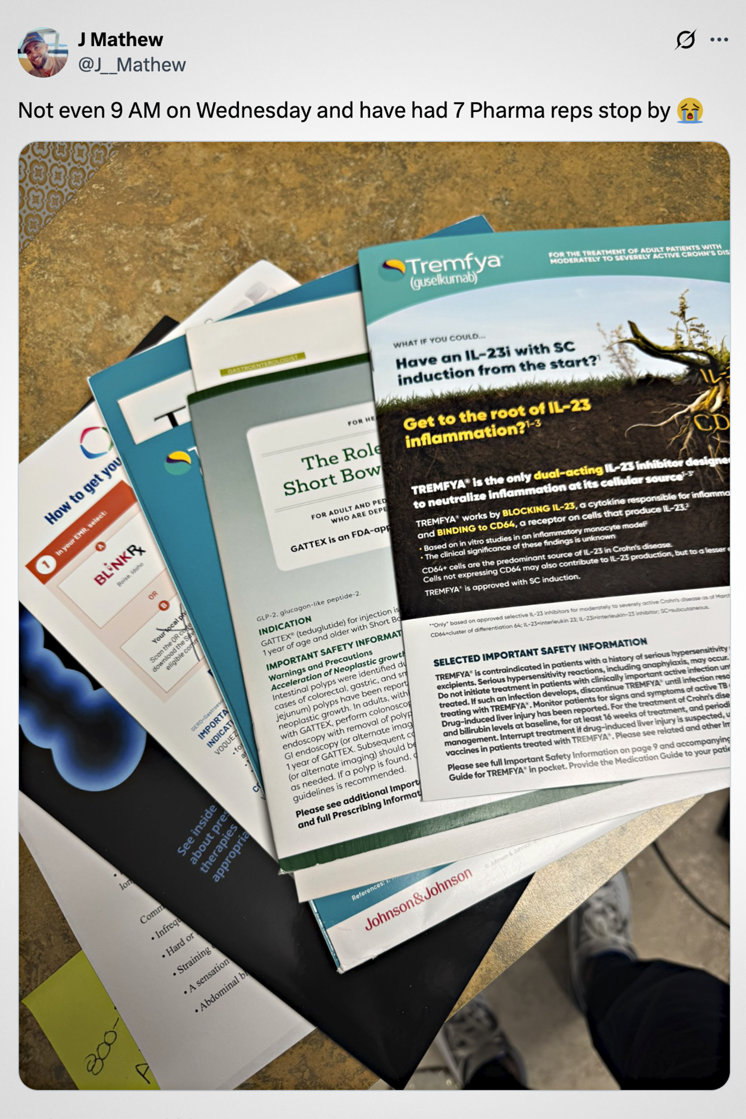
These seemingly trivial gifts are part of a deeper strategy. “Often young, well-groomed and strikingly good-looking” drug reps are “virtually impossible to demonize” within the medical establishment, wrote Carl Elliott in the seminal 2006 Atlantic article “The Drug Pushers.” The piece asked a disarmingly simple question:
“How can you demonize someone who brings you lunch and touches your arm and remembers your birthday and knows the names of all your children?”
Elliott, a professor of bioethics at the University of Minnesota at the time, traced the roots of this cozy relationship back to the “detail men” of the 19th century—reps whose job was to “detail” or “educate” physicians with information designed to persuade them to prescribe specific medications.
The numbers tell the story, as Elliott points out: From 1996 to 2001, the size of the US pharma sales force doubled to 90,000. By the early 2000s, in the case of new drugs introduced after 1997 generating more than $200 million a year, every dollar spent on detailing returned $10.29 in revenue—beating out even direct-to-consumer TV ads.
And the machine keeps humming. As of 2023, there were over a million licensed healthcare providers in the US eligible to prescribe drugs—each a potential target of pharma charm, the fruits of which could be fulfilled at any of some 62,000 retail pharmacies in the US. A 2024 JAMA study revealed that drug and device makers paid $1.06 billion between 2020 and 2022 to so-called physician peer reviewers—healthcare professionals who evaluate and endorse their colleagues’ work by writing articles in major medical journals, a subtle but powerful way to shape scientific “consensus.”
One of the sharpest insiders-turned-critics is Shahram Ahari, a former Eli Lilly rep who testified as an expert witness in a landmark 2006 trial on “script tracking.” The term refers to the sale of detailed prescription data—identifying doctors but not patients—by pharmacies to drug companies and other commercial entities. In a 2007 PLOS Medicine article titled “Following the Script: How Drug Reps Make Friends and Influence Doctors,” Ahari laid bare the subtle manipulations at play.
Behind the Starbucks matcha and seductive smiles lies a pharmaceutical juggernaut finely tuned to manipulate human nature.
“It’s my job to figure out what a physician’s price is,” he wrote. “For some it’s dinner ... for others it’s my attention and friendship … but at the most basic level, everything is for sale.”
Ahari described a world where reps scour doctors’ offices for personal artifacts—tennis rackets, Russian novels, music memorabilia—to forge connections. Every personality type, from skeptics to sycophants, is matched with a customized persuasion strategy.
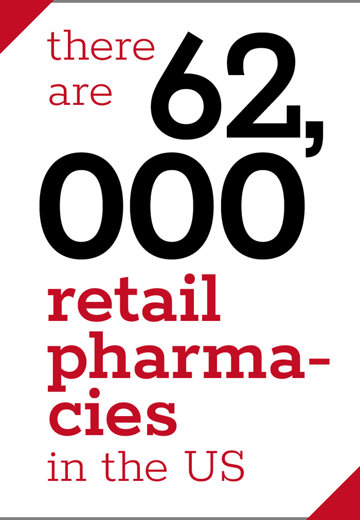
Skeptical? Staff get courted instead of the doctor. Resistant? Wined, dined and gently worn down. Friendly? Just smile and hand over the samples. “There is no such thing as a free lunch,” the rep’s playbook warns—especially not in pharma.
The manipulation doesn’t stop at charm. Sometimes it’s sexualized. As a 2005 New York Times article put it plainly in a headline: “Cheerleaders Pep Up Drug Sales.” Many reps were former cheerleaders whose “postage-stamp skirts and persuasive enthusiasm” made them natural fits for an industry that uses glamour as a sales weapon.
Jamie Reidy, a former Eli Lilly rep fired for publishing Hard Sell: The Evolution of a Viagra Salesman, described going on calls with the “all-time most attractive, coolest woman in the history of drug repdom,” as he put it to the New York Times. When a skeptical doctor raised 10 objections to their drug, she simply tugged his sleeve and purred, “Come on, doctor, I need the scrips.” He relented.
Reidy’s experience became the basis for the 2010 film Love and Other Drugs, in which Jake Gyllenhaal played a charming, flirtatious rep. The line between rom-com and reality, it turns out, is thin.
Behind the Starbucks matcha and seductive smiles lies a pharmaceutical juggernaut finely tuned to manipulate human nature. In an industry where attention can be monetized, rapport can be engineered and prescriptions equate to profit, even the most caring physicians are nudged, flattered or finessed into decisions that may not be entirely their own—or in the patient’s best interest.
So next time you wait an hour past your appointment, remember: You’re not just in line behind other patients. You’re in line behind a multibillion-dollar sales operation disguised as friendship.
And as the old saying goes—especially in healthcare—there’s no such thing as a free latte.








